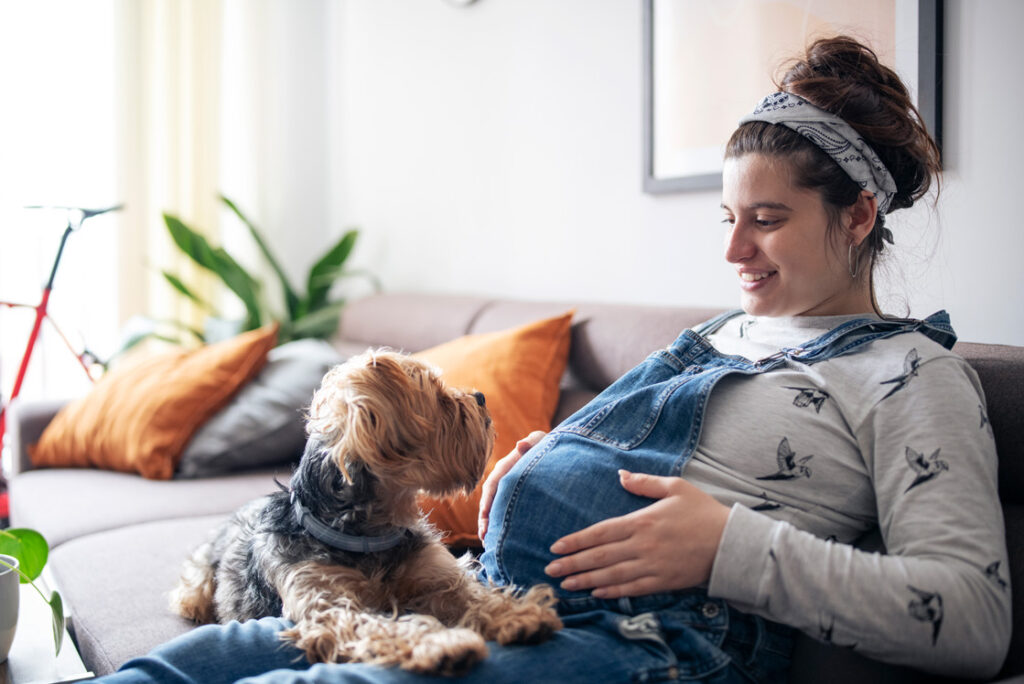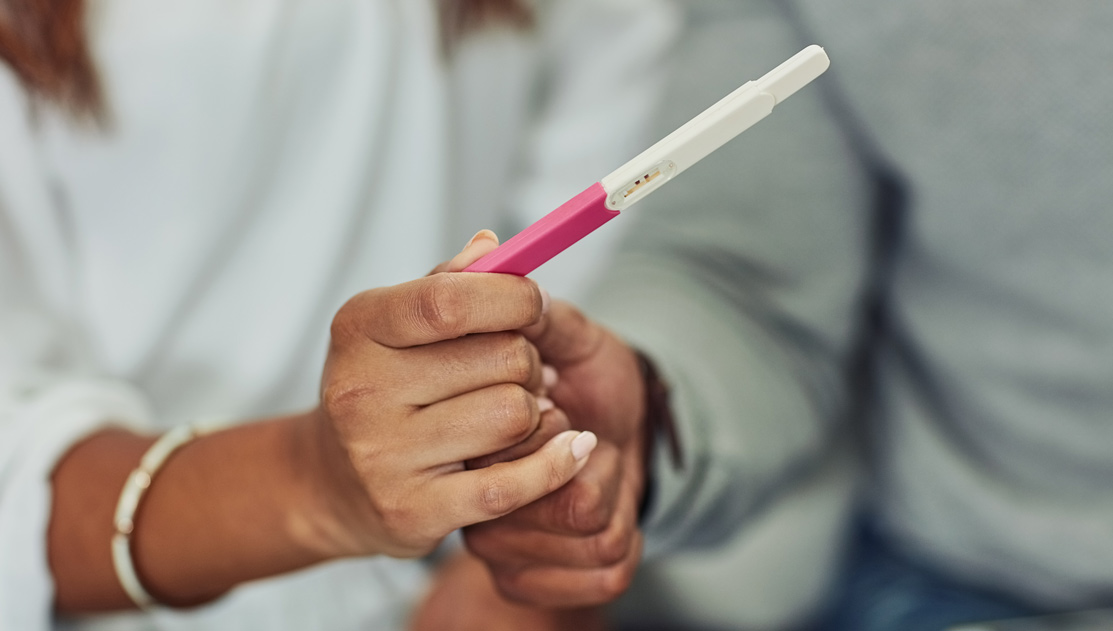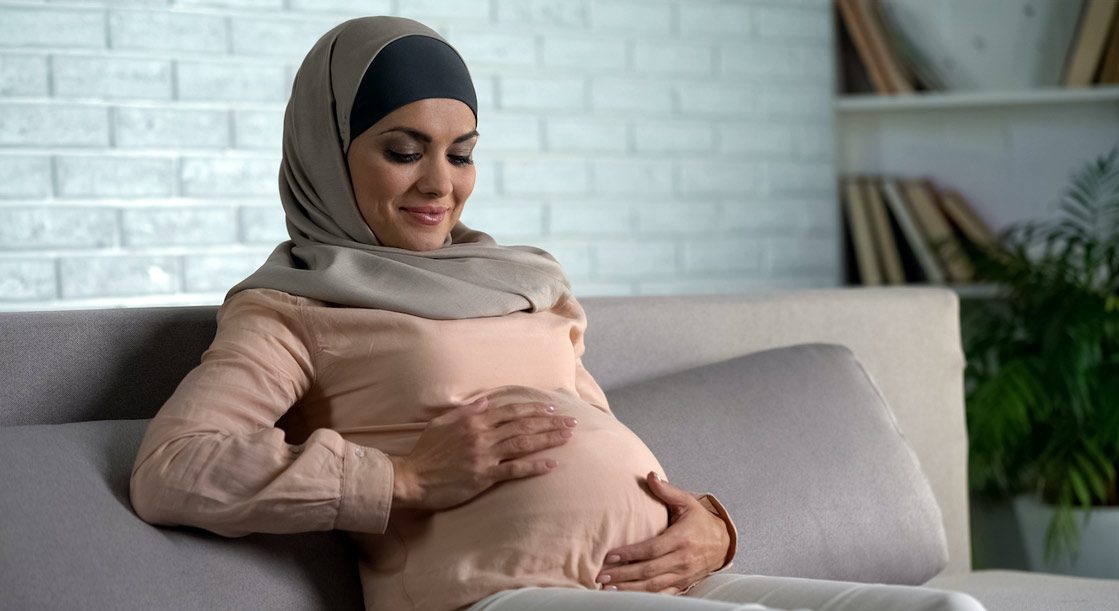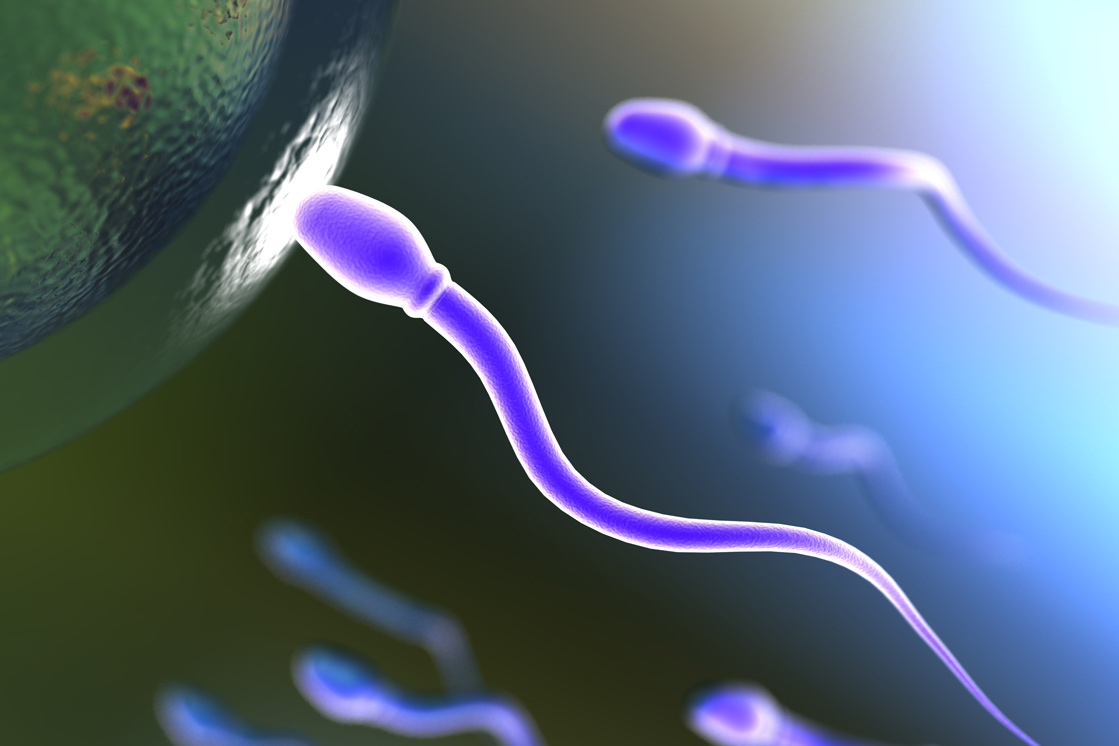Are you single and ready to become a mother? Wondering about fertility treatment for single women? Thanks to modern science, the joy of parenthood is now potentially available to anyone, whether traditionally ‘coupled up’ or independent and single.
Here at The Fertility and Gynaecology Academy we’ve helped countless accomplished women who’ve decided to stop waiting and make a baby for themselves. But how does fertility treatment and IVF for single women work? How can you find a sperm donor? What do you need to know? Read on and we break it down.
Fertility testing – a good place to start
You know a baby is your goal but you don’t know the best way to get there. Before any journey, you’ll want to plan your route. And when it comes to fertility treatment for single women (or anyone really) the route depends on your starting point. Your starting point includes things like:
- Your age. (A woman’s fertility begins to decline around age 30. This decline steepens after 35, and by 40 the average woman has just a 5% chance of conceiving naturally each month).
- Your ovarian reserve (the reproductive potential remaining in your ovaries on the basis of the quality and quantity of the eggs you have left).
- The health and integrity of your reproductive organs. For example here at The Fertility and Gynaecology Academy, our comprehensive female fertility testing package involves state of the art scanning to examine your womb, ovaries and fallopian tubes. We can check that there are no blockages, scarring, polyps and so on, that could make it more difficult to carry a baby to term.
- A thorough assessment of your medical history via expert consultation. This includes gynaecological history (for example any prior miscarriages or female hormone imbalances either diagnosed or potentially undiagnosed). But it also includes consideration of any medical conditions you may not think of as directly fertility-related, but that can actually have great bearing on fertility and pregnancy (for example diabetes, thyroid gland problems, sticky blood syndrome or rheumatoid arthritis).
For most single women seeking fertility treatment, a female fertility testing package will be sufficient to provide a comprehensive picture.
But in some cases (e.g. for women who have some suspected immune issues or genetic disorders, or for those who have experienced recurrent miscarriage or IVF failure) further testing would be a good idea in order to inform your treatment pathway.
As a single woman, you don’t have the luxury of also trying to try to conceive naturally whilst considering fertility treatment. And you will want to identify any potential extra challenges before you undergo a process like IVF. Test results will help determine the best way forward.
Fertility treatment for single women: the different treatment options
If you are a single woman who isn’t ready to be a mother yet but you want to give yourself the best chance in the future, you may wish to consider egg freezing.
If you want to be a mother soon, the three main options available in terms of fertility treatment for single women are:
- IVF (In-Vitro Fertilisation) – In preparation for IVF, a woman’s ovaries are stimulated via hormone injections to help her produce more eggs. Then, those eggs are retrieved from her ovaries before being fertilised with sperm in a lab to make embryos. The developing embryos are carefully monitored over a few days. We then choose the best embryo to be placed into a woman’s womb to grow and develop. You can read a detailed breakdown of the IVF process here.
- ICSI (Intracytoplasmic Sperm Injection) – The treatment process for ICSI is the same as for IVF, except that in ICSI during lab fertilisation the sperm are microinjected directly into the eggs. ICSI is generally indicated where there are known sperm problems such as motility issues or other abnormalities. It is also indicated in patients with a history of previous failed or low fertilisation in a conventional IVF treatment using the same sperm donor.
- Intrauterine insemination – This is when sperm is placed directly into a woman’s womb to try to aid conception. It can be done with or without the use of hormone medication to stimulate a woman’s egg production. IUI is a cheaper and less invasive option than IVF but it is about three times less likely to work than IVF.
Depending on what your screenings and medical history show, the process may vary a little and additional treatments may be helpful. For instance if you have a family history of chromosome problems, at some clinics such as The Fertility and Gynaecology Academy we can perform genetic testing on embryos before implantation to identify any inherited abnormalities, giving you peace of mind (Please note the HFEA view on genetic testing here). Or if you may be more vulnerable to miscarriage or implantation problems because of immune issues, we can provide targeted immune treatments prior to a process like IVF, to help get your body baby-ready. You can read the HFEA view on reproductive immunology here.
In more unusual cases, a woman may opt for:
Egg donation: In some cases, for example when a woman’s own eggs are not viable or she has a genetic disorder, she may opt to use another woman’s eggs. Here at The Fertility and Gynaecology Academy we run a first-rate egg donation programme to help such women.
Surrogacy: If you’re a single woman who cannot conceive via other methods or are unable to carry a baby to term, surrogacy may be the right choice. This is when another woman carries your baby using either your eggs or her own or donated eggs from another woman. Here at The Fertility and Gynaecology Academy we can provide treatment to a surrogate, however fertility clinics cannot find a surrogate on a patient’s behalf. Patients must find their own surrogate via either a personal search or use of a surrogacy agency.
When it comes to fertility treatment for single women, whatever route you opt for, you will need donor sperm. Read on for more information.
Fertility treatment for single women: finding a sperm donor
Obviously, with fertility treatment for single women you will always need a sperm donor. In the UK, you cannot ‘buy’ sperm or eggs – people donate them to sperm or egg banks, usually out of a sense of public spirit. Whether you have your own donor in mind who is willing and able, or a clinic provides helpful links (as we do here), when you undergo treatment at a fertility clinic, the sperm donor will be screened. The donor’s family history will be reviewed for genetic diseases and the sperm will be tested for infections. At a sperm bank you can specify criteria such as height, weight, ethnicity, skin and eye colour. You can also enquire about factors like religion and education.
Fertility treatment for single women – getting the right support
Dr Amin Gorgy, Fertility Consultant at The Fertility and Gynaecology Academy says: “We are increasingly seeing IVF for single women, as more and more people get to grips with their biological clocks and decide to take their destiny into their own hands. Here at The Fertility and Gynaecology Academy, we have lots of experience with providing fertility treatment for single women. The patients who come to us are accomplished, determined women who usually say in an ideal world they would have preferred to undergo the process with the right partner. But in the absence of an ideal world, they’ve chosen not to forego the joy of motherhood. It’s a privilege to have helped so many of them achieve their dream of a baby.”
Are you a single woman who wants to be a mother? Looking to learn more about your options? The Fertility and Gynaecology Academy is a fertility clinic in UK that has excellent success rates, some of the country’s best fertility doctors, and state of the art technology.
For a consultation, call The Fertility and Gynaecology Academy now on 020 7224 1880 or email info@fertility-academy.co.uk.







